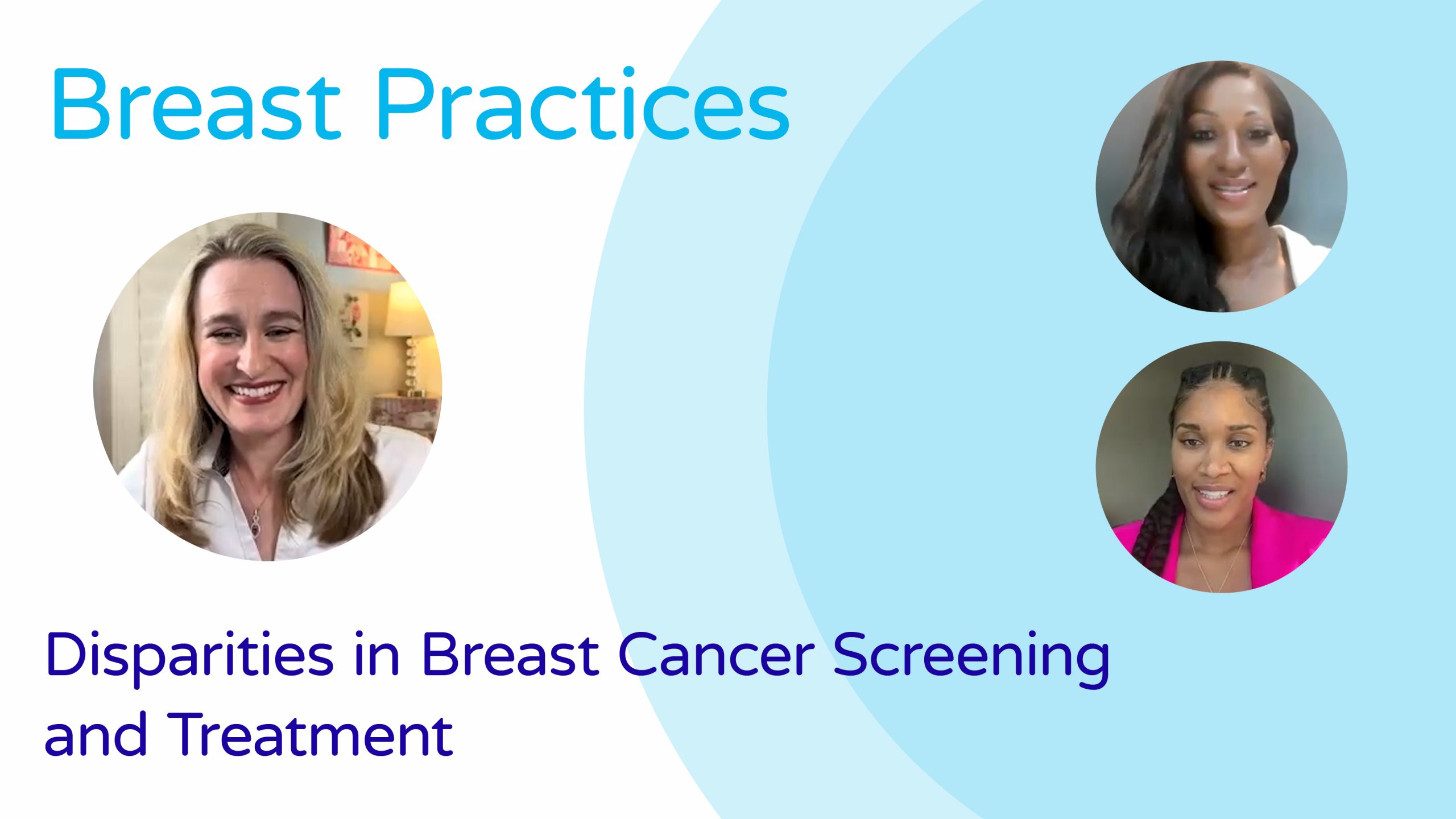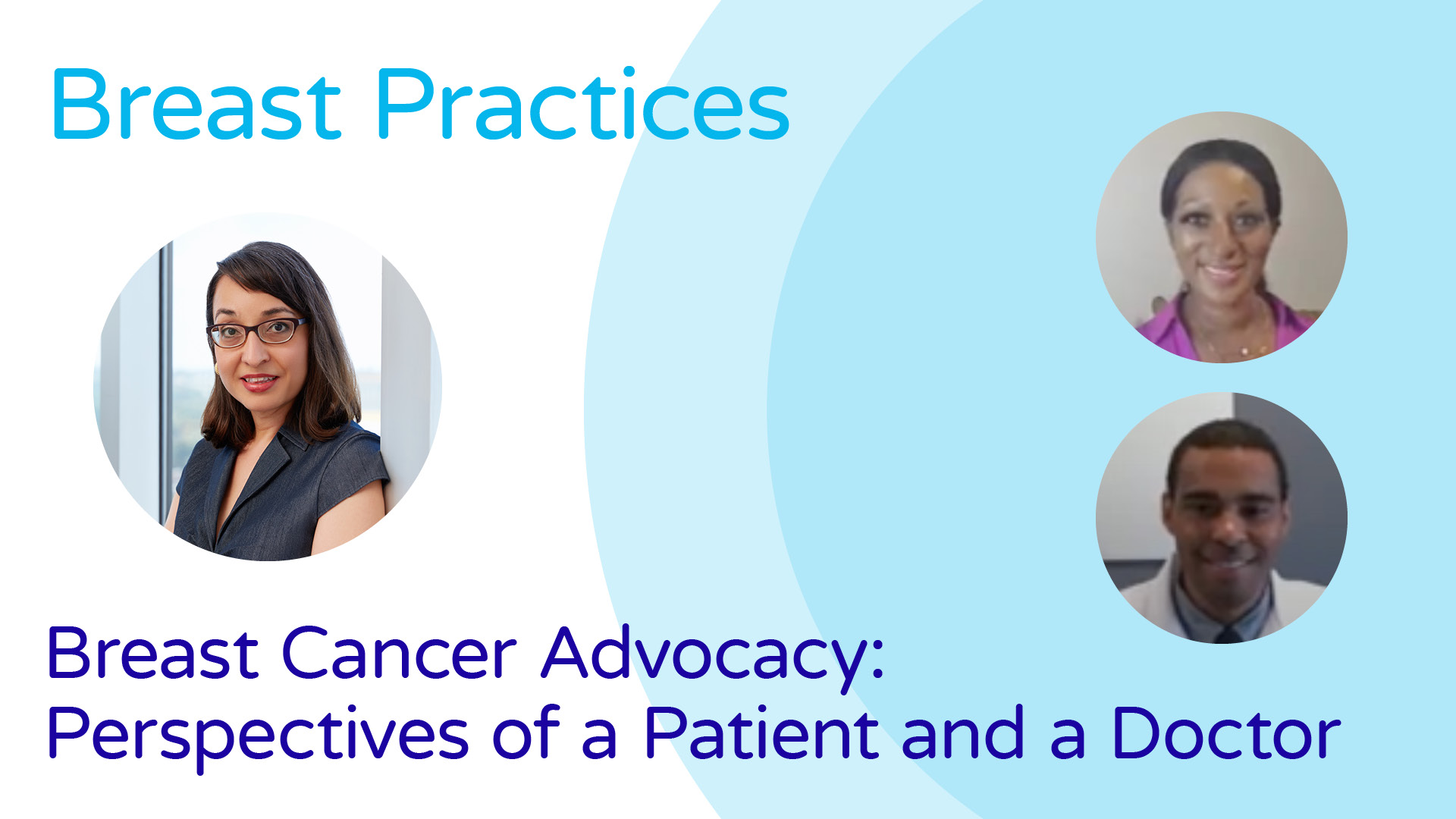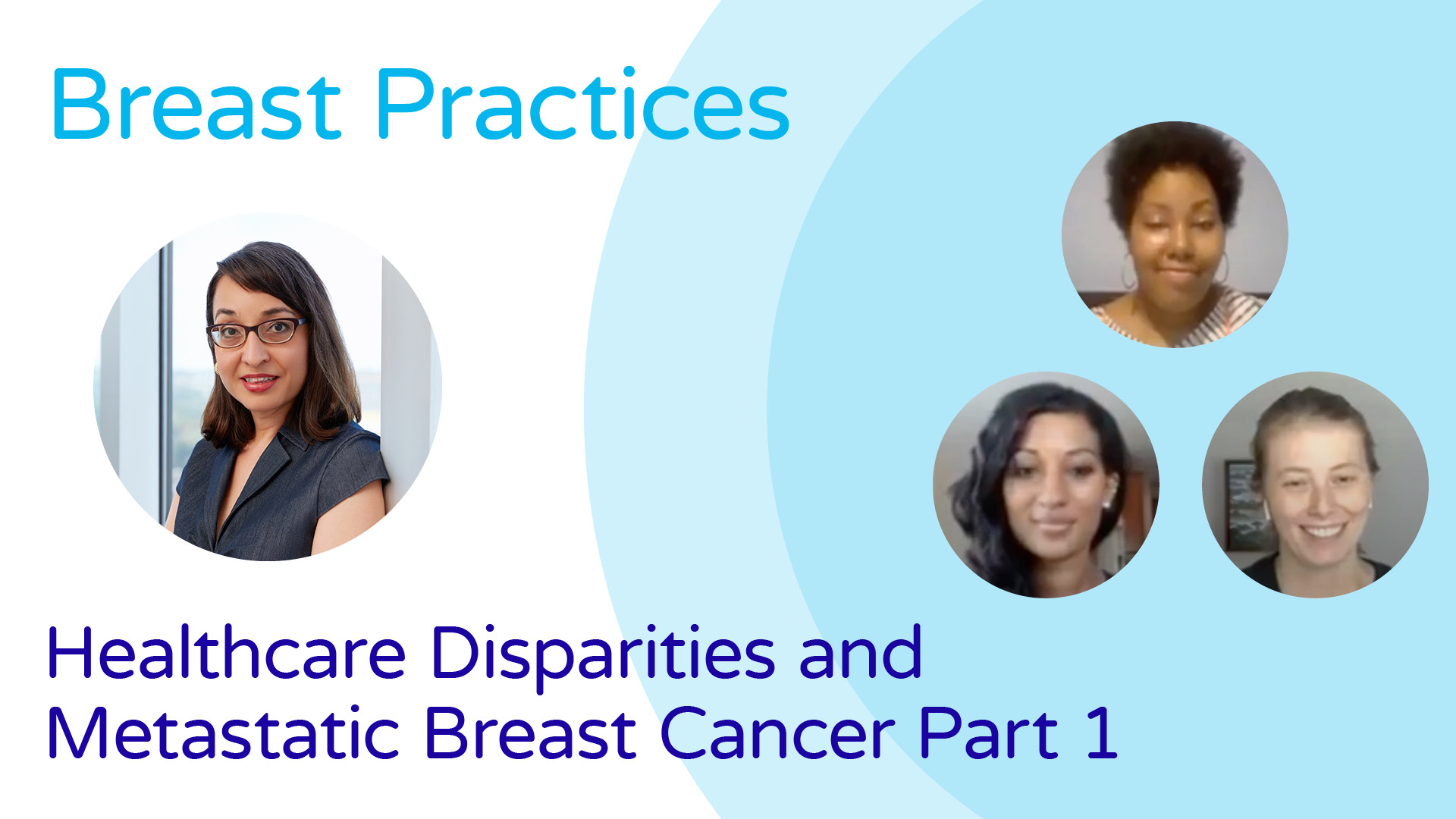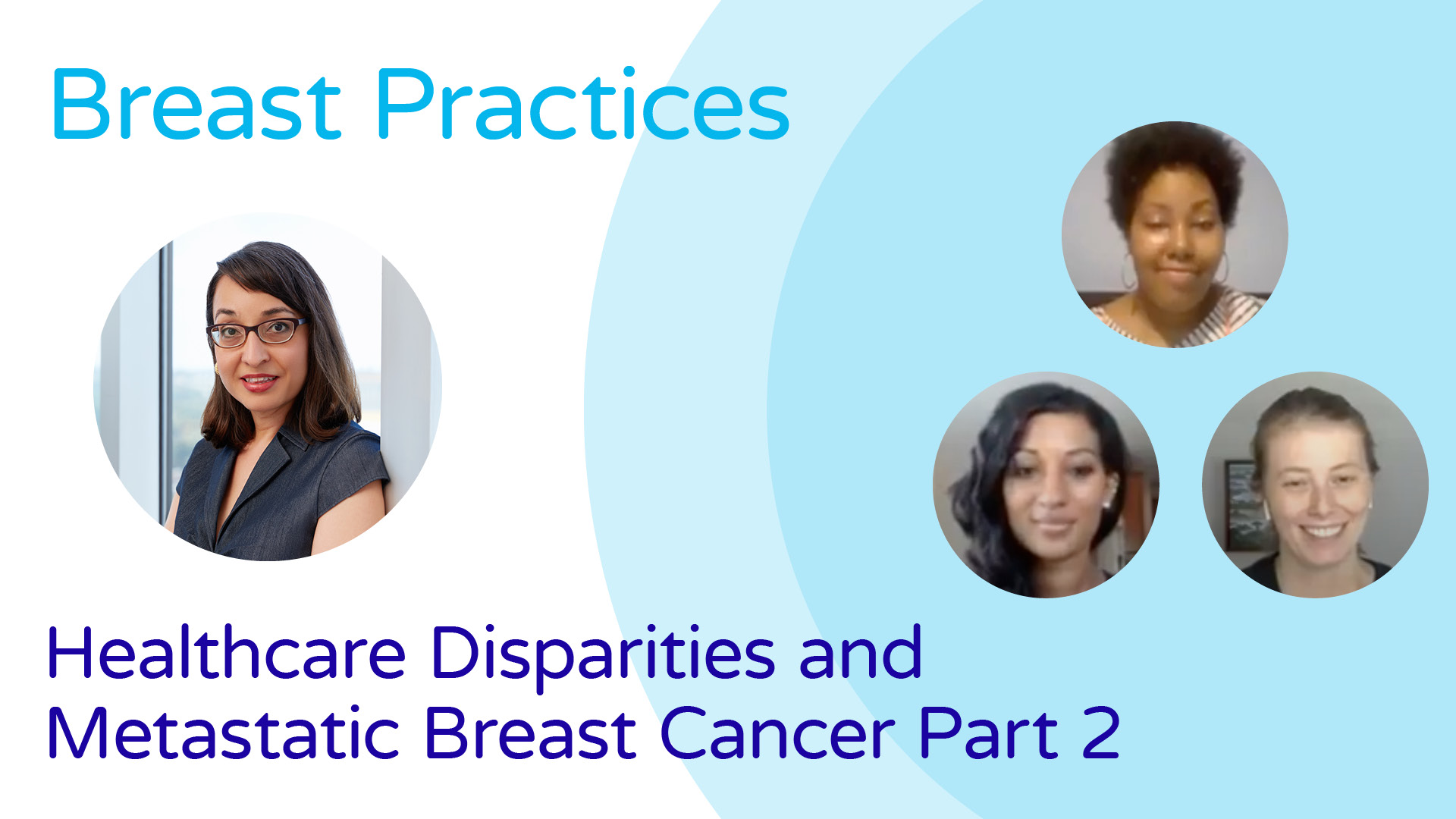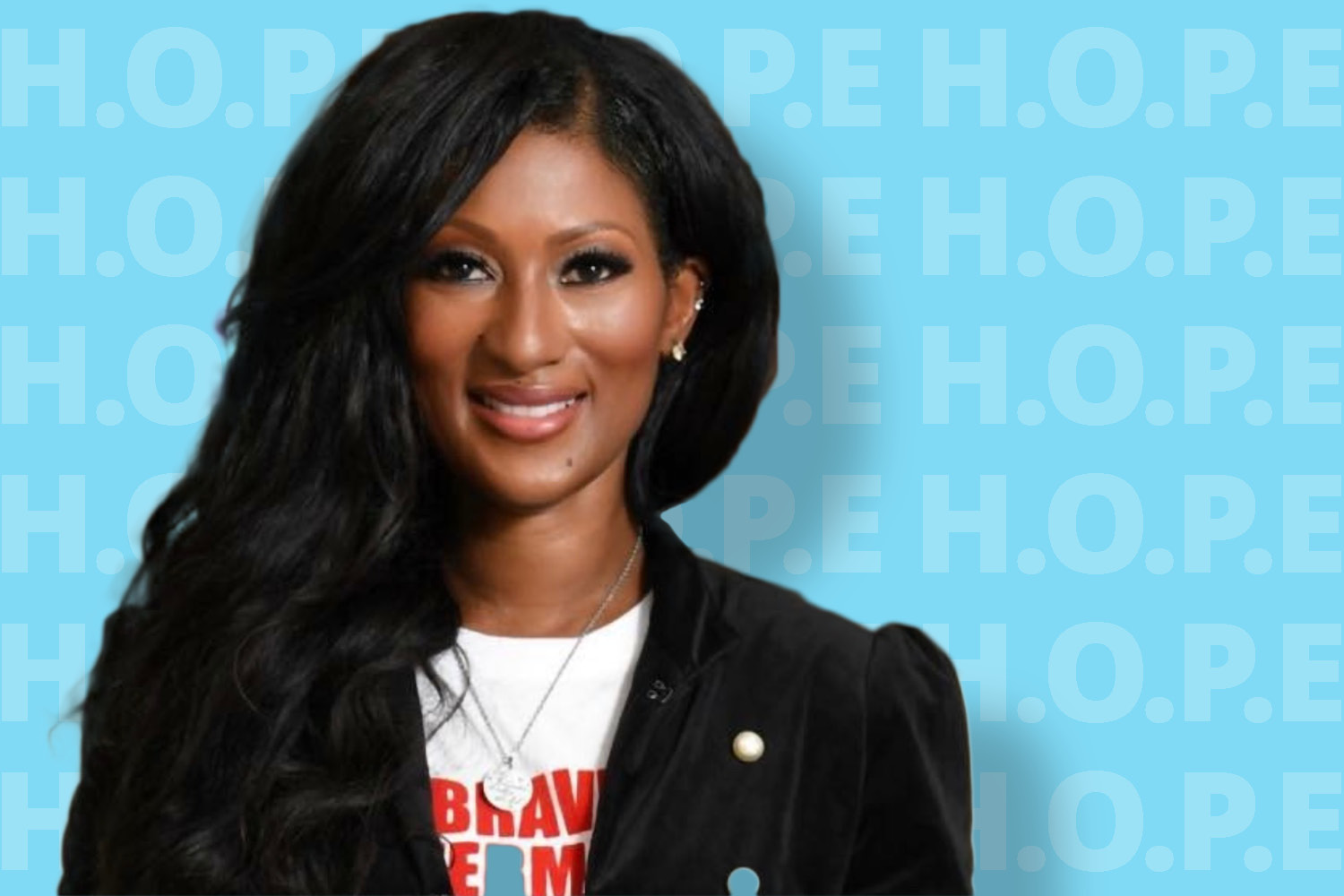
Tigerlily founder and CEO Maimah Karmo is a triple-negative breast cancer survivor. She was diagnosed with stage 2 breast cancer at only 32 years old with no prior family history. With no targeted treatment for triple-negative, she overcame her fears and worries by stepping into action to create what’s now Tigerlily Foundation. She wanted young women like herself with the disease to know whatever the diagnosis, it doesn’t own you – you decide how to live your life despite it.
Tigerlily Foundation’s RAISE, which stands for Resources and AssIstance for Support and Empowerment, is a platform that makes it easy for patients to get support without feeling as though they are burdening others. Tigerlily understands that patients with chronic disease often face challenges that lead to the need to make difficult decisions about paying for groceries, childcare or life-saving medical care. Individuals on the RAISE platform can list out the things they need help with – both financial and non-financial – and other people can view this list and claim items for which they’re able to provide help. This platform is patient driven and will evolve as patients provide insights — we look forward to sharing enhancements and additional resources as the RAISE platform continues to grow!
Maimah’s Recommended Resources
Tigerlily Foundation
A national breast cancer foundation providing education, awareness, advocacy and hands-on support to young women (15-45) – before, during and after breast cancer.
Tigerlily Foundation Inclusion Pledge
The #InclusionPledge provides a transparent and tangible framework across stakeholders to identify and track equity actions, holding organizations accountable to making specific, measurable outcomes that will result in dismantling systemic barriers and co-creating solutions that will result in health equity for Black women and end disparities in our lifetime.
Tigerlily Foundation Clinical Trials
A transformational initiative to accelerate the delivery of innovative treatments to our patients, with a strategic focus on populations that are facing the highest disparities.
